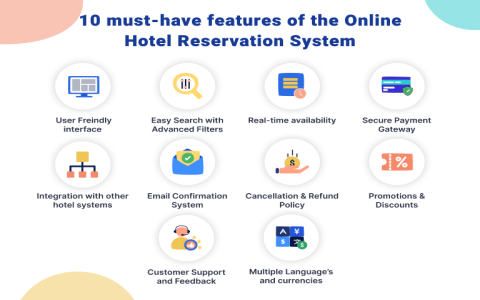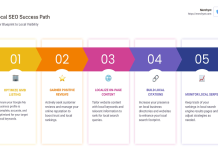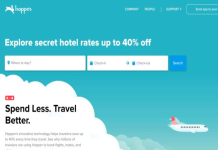Alright, so today I wanted to share a bit about something I’ve gotten pretty good at: finding hotel rooms that are actually accessible. It wasn’t something I ever thought much about until a few years back when my dad started needing a wheelchair more often. Suddenly, booking trips became a whole new challenge.
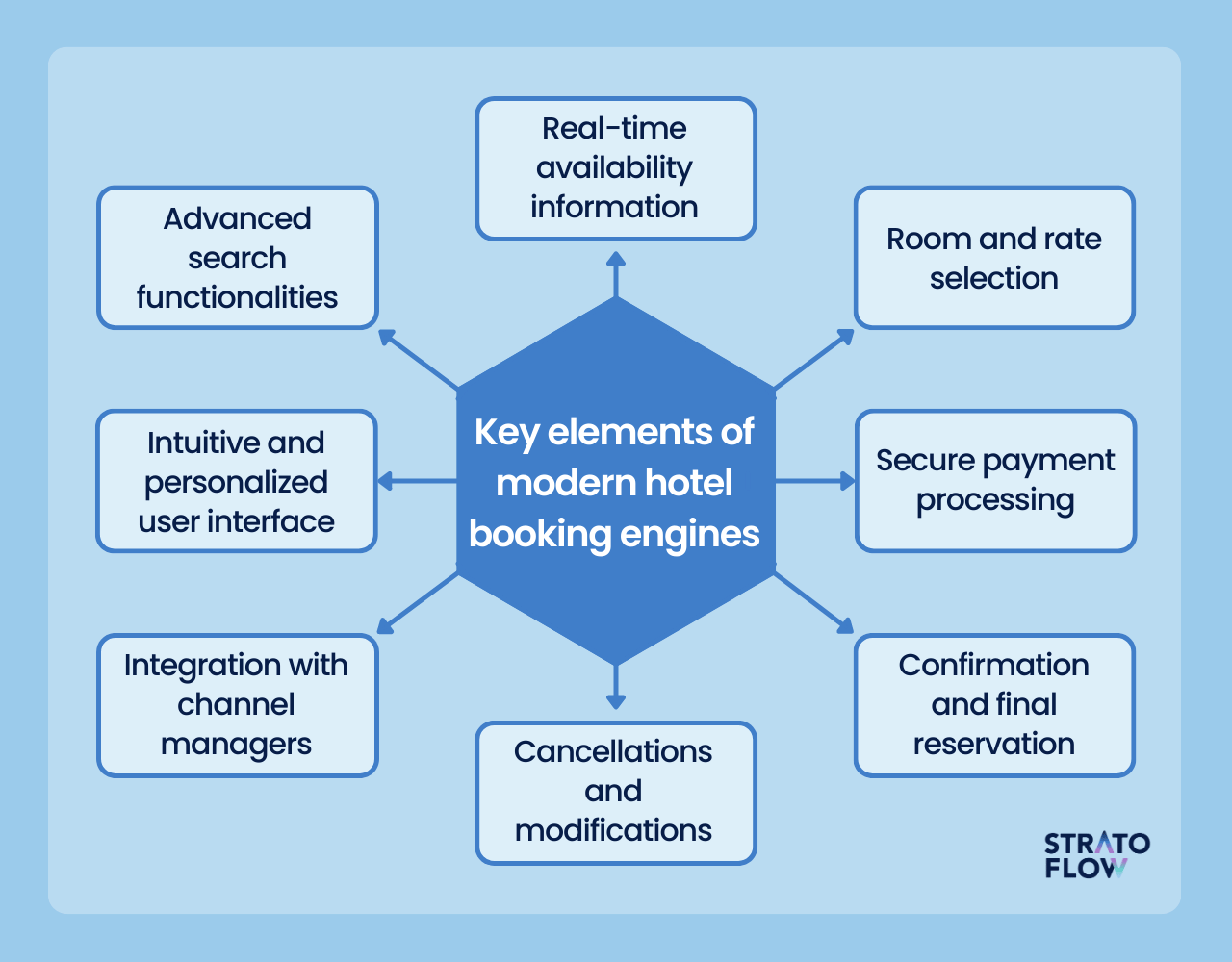
Figuring Out the Starting Point
First thing I realized was just calling hotels randomly was a massive time sink. Some folks on the phone didn’t even know what “roll-in shower” meant. So, I figured, these big hotel search websites must have something to help, right? They’ve got filters for everything else.
So, I started my process. I’d go to one of those popular hotel search engines – you know the ones, where you put in your city and dates. Standard stuff. After I got the initial list of hotels, I began poking around for the filter options. They’re usually tucked away, sometimes under “More Filters” or “Amenities.”
Digging into the Filters
What I found was that most of them do have an “Accessibility” section. Sometimes it’s called “Room Accessibility” or “Accessible Features.” The names change, so you gotta look.
Inside these sections, I started seeing options like:
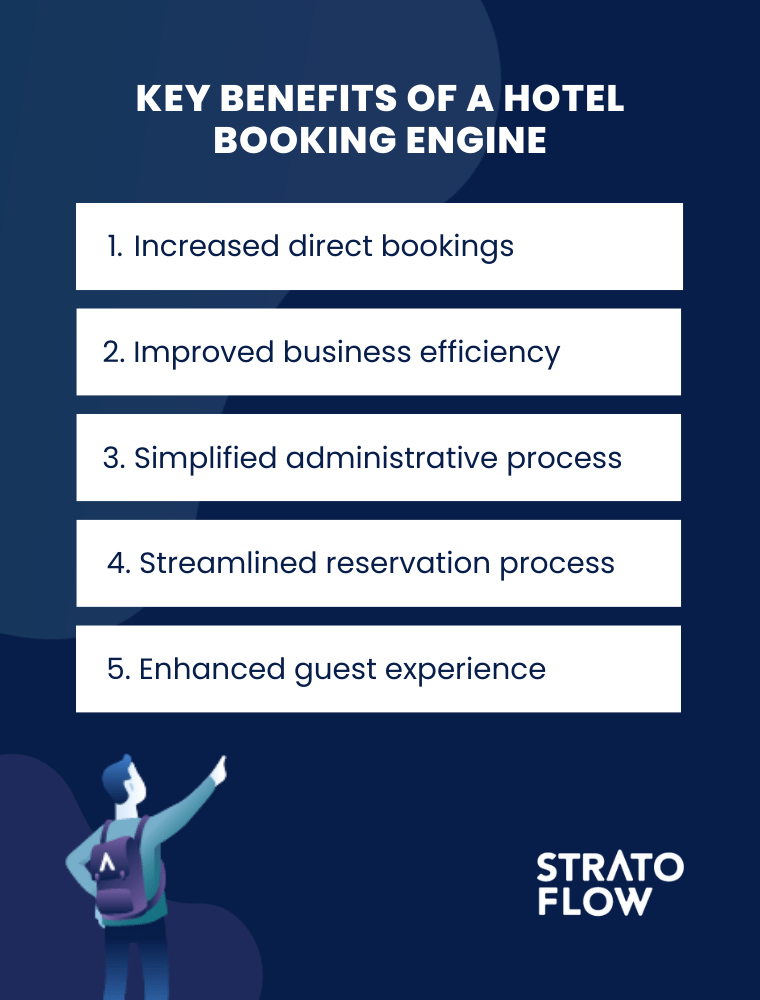
- Wheelchair accessible
- Accessible bathroom
- Roll-in shower
- Grab bars
- Accessible parking
I’d then carefully check off the specific things we needed. For Dad, a roll-in shower and grab bars by the toilet are non-negotiable. So I’d select those. The list of hotels would then shrink, sometimes a lot, but that’s okay. Better to have a few good options than a hundred useless ones.
The Most Important Step: Verification
Now, here’s the part where I learned my biggest lesson. Just because the website says a room is accessible and has these features, doesn’t always mean it’s 100% accurate or exactly what you need. I learned this the hard way a couple of times early on. Showed up to a room that was “accessible” but the roll-in shower had a lip that was impossible for the chair.
So, once the search engine gave me a few potential hotels, I would always, always, always find the hotel’s direct phone number. I wouldn’t just rely on the booking site’s info. I’d call the hotel itself.
When I got someone on the line, usually at the front desk, I’d explain what I needed. I’d say, “I see on a search website that you have accessible rooms with a roll-in shower and grab bars. Can you confirm this for me?” I’d even ask specific questions like, “Is there a seat in the shower?” or “Are the grab bars both next to the toilet and in the shower area?”
Sometimes I’d even ask them to describe the room layout a bit if they could. You’d be surprised what you find out. Some hotels are great and know exactly what you’re talking about. Others… well, you can tell they’re just reading from a script.
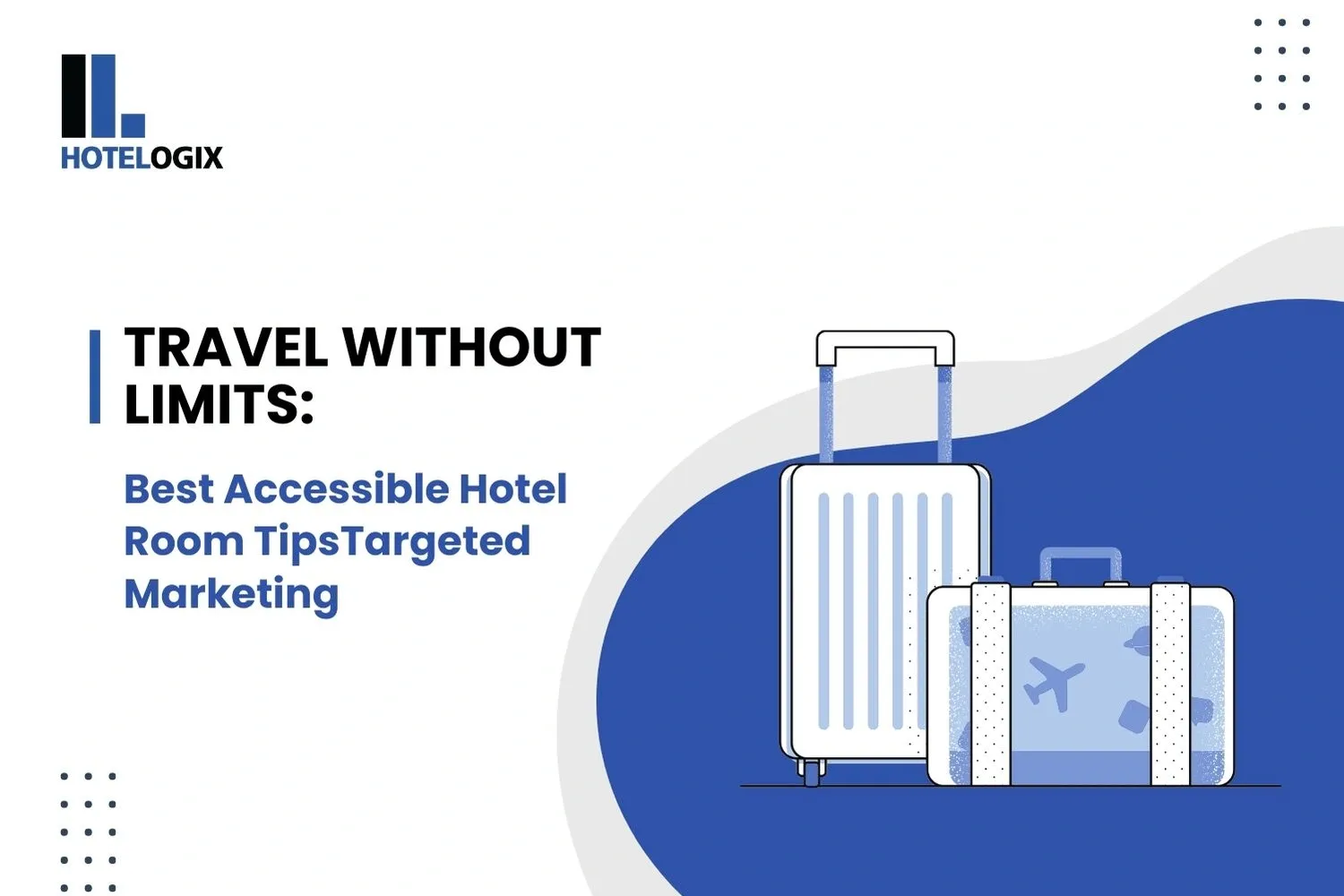
Making the Booking
Only after I got a confident “yes” from an actual person at the hotel, confirming the features I needed, would I then go ahead and book. Sometimes I’d book directly with them on the phone, especially if they seemed really helpful. Other times, if the price was significantly better on the search engine I originally used, I’d go back and book it there, but now with the peace of mind that the room should be okay.
I’ve also made it a habit to specifically request the accessible room type in the booking notes, even if I’ve selected it. And I always ask for a confirmation email that mentions the accessible room features if I can.
A Few Final Thoughts
It sounds like a bit of extra work, and it is. But trust me, it’s saved us so much frustration. Showing up after a long journey to a room that doesn’t work is just awful. So, that initial search on the big sites is great for narrowing things down, but that follow-up call is gold.
It’s not a perfect system, and sometimes smaller, independent places might not even list their accessible features online properly, so a direct call is even more vital for those. But for the most part, using the search engine filters as a starting point and then verifying directly has made planning trips a lot smoother for us. It just takes a bit of patience and knowing what to ask.

